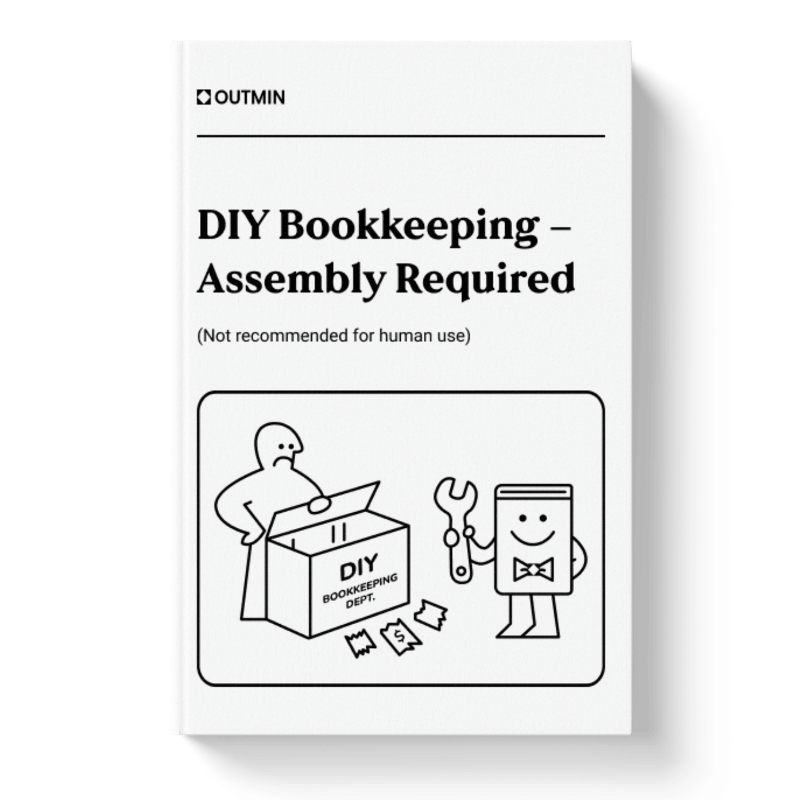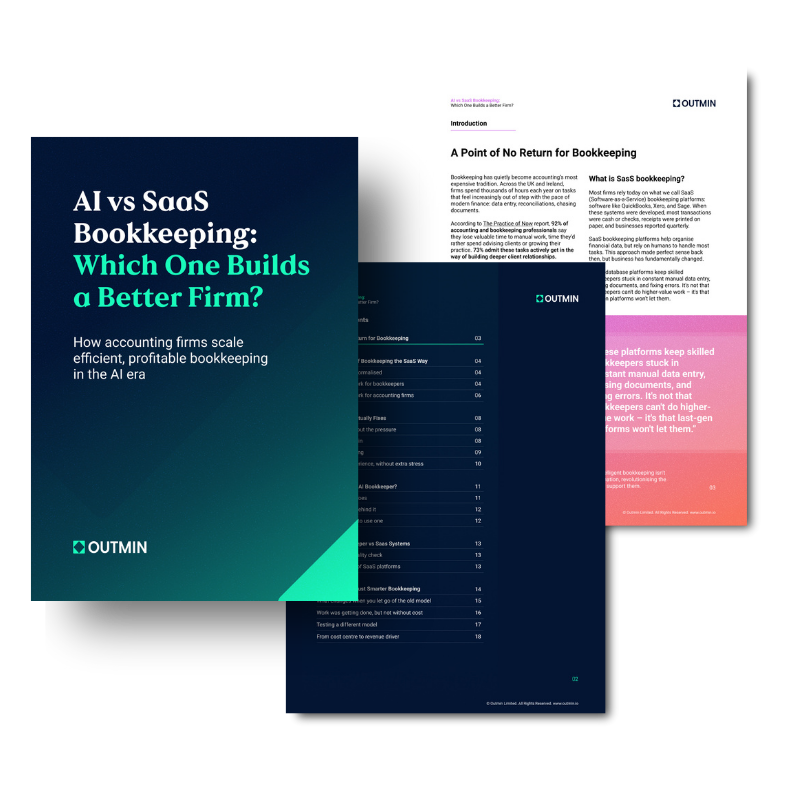July 8, 2024
How to Start an Online Business in Ireland

If you're considering starting an online business, Ireland is the perfect place to do it. It's not only bursting with people passionate about online transactions - but also home to a rapidly growing eCommerce market.
In this article, we’ll show you how to start your online business in Ireland in 9 easy steps:
Determine Your Niche and Target Audience
Having identified your overarching business category, the next step is to narrow it down further by defining your niche and target audience.
Have you ever heard of being a big fish in a small pond? That’s what niching entails: initially focusing on owning a small portion of your market and growing from there. By targeting a specific niche, you can become an expert in that field and better serve your customers.
Now, who are the people who would not only buy from you, but keep buying from you and happily tell their friends and family about your business? That’s your target audience or the people you want to serve.
Determining your niche and target audience will require researching your market to identify any gaps, trends, and opportunities you can leverage. Conducting a SWOT analysis is a good place to start.
Decide How You Want to Sell Online
There are many options and strategies for selling online. A few of them include:
- Setting up a website. These days, business plans in platforms like Wix and WordPress offer pretty much everything you need to set up an online business – from plugins that integrate with your blog to shopping carts and checkout pages. A website can be a great differentiator, seeing that over four in five Irish-based businesses have a website, but only 40 per cent actually sold online in 2021.
- Using platforms like Shopify or Amazon. Shopify offers a user-friendly interface and allows you to easily create a professional eCommerce store setup. Amazon is a popular choice for third-party sellers thanks to its trusted brand and high-quality user framework.
- Using social media. Once you set up a business profile on social media, you can market and sell your products and services through Facebook, Instagram, and even TikTok. And because mobile devices now make up 56% of total internet traffic in Ireland, social media is indispensable.
- Offering both offline (brick-and-mortar) and online sales. You can also maximise your physical store sales by setting up an online sales portal with any of the above options. For example, you can attract more customers by letting them conveniently place orders online, expanding your reach to those who prefer shopping from home.
Of course, your decision will depend on the nature of your business, so choose the platform that best suits your needs.
Create a Business Plan
Trying to start a business without a plan is like setting sail without a map – you'll eventually get lost at sea and risk capsizing. As they say, failing to plan is planning to fail.
A well-crafted business plan is a living document that will help you outline your goals, target audience, marketing strategies, and financial projections. It should also help you:
- Define your brand identity
- Set realistic goals from the get-go
- Guide you through each stage of your online business journey
- Secure funding, helping you attract potential investors and lenders
If you have no experience in that area, it’s best to consult an experienced CFO (or better yet – a cost-effective fractional CFO) or business advisor to ensure your plan considers all the risks and unique advantages.
Decide How Your Business Will Operate
When starting an online business, it’s crucial to decide how your business will operate. That involves choosing the appropriate business structure, such as a sole trader or a limited company.
Simply put, a sole trader is a business run by one person. It's the most straightforward ownership type. The individual is entirely accountable for the business, its earnings, and debts. They make all choices, retain all post-tax profits, but are also personally responsible for any business debts.
A limited company is independent from its owners, who can be individuals or other companies. The company's liability is confined to invested money, safeguarding owners' personal assets. Profits are usually distributed as dividends (payments) among owners.
Each structure has its own benefits and costs, so weigh your options carefully or get in touch with our experienced team. You can obtain any crucial licences/permits for your business activities by registering with the Companies Registration Office (CRO).
Find a Name and Register Your Business in Ireland
You’ve probably got plenty of business name ideas swirling around in your head. Even if you don’t, you’ve now got one of the best business name generators at your disposal: Artificial Intelligence (AI)!
You can use it to iterate upon existing ideas or create new ones.
Ideally, your business name should be original and encompass the business’s idea and goals. While it isn’t a rule, it’s useful to give potential customers an instant idea of what you do.
If your business name is different from your name or surname, you may register this name with the CRO by completing and sending them a Form RBN1.
Establish Your Presence Online
It’s an online business, which means your online presence does most of the heavy lifting in the success of your operations. When potential customers search for your company – or companies like yours – online, what will they find? And where will they find it?
Establishing an online presence includes:
- Registering a domain name that aligns with your brand.
- Building an attractive and user-friendly website that showcases your products or services.
- Using Search Engine Optimisation (SEO) techniques to improve your website's visibility and attract organic traffic.
- Creating social media profiles and developing a content strategy to engage with your target audience.
While you don’t have to tackle all of those strategies in one sitting, you should steadily build your online presence with them.
Build a Trustworthy and Agile Business
Building trust with your customers is essential for the success of your online business. Implement secure payment gateways, encrypt customer data, and establish clear data usage policies. Because once trust is gone, it’s hard to earn it back.
Don’t forget to display client testimonials and relevant certifications wherever possible to build credibility and authority.
And, most importantly, stay up-to-date! Get ahead in your market by keeping up with industry trends, technological advancements, and consumer behaviour shifts.
Be a Tax-Compliant Irish Online Business
It’s an online business, which means your online presence does most of the heavy lifting in the success of your operations. When potential customers search for your company – or companies like yours – online, what will they find? And where will they find it?
Establishing an online presence includes:
- Registering a domain name that aligns with your brand.
- Building an attractive and user-friendly website that showcases your products or services.
- Using Search Engine Optimisation (SEO) techniques to improve your website's visibility and attract organic traffic.
- Creating social media profiles and developing a content strategy to engage with your target audience.
While you don’t have to tackle all of those strategies in one sitting, you should steadily build your online presence with them.
Learn Which Expenses You Can Claim
In business, costs are hefty. It's inevitable. However, if you comprehend your deductible expenses, you can save a lot of money and lower your tax liability.
Your payable amount will depend on specific eligible business expenses, such as office supplies, marketing costs, website development, and professional fees.
If you don’t want to add “Document and categorise expenses” to your to-do list anytime soon, a tax expert can handle them efficiently for you and ensure you’re retaining all the profits you need to reinvest in your growth.
Get Started with Your Online Business
As eCommerce in Ireland continues to grow, it's your time to get started. However, getting started is just one of many, many steps. We want you to start off on the right foot. So here are a few best practices you can implement as you begin your journey:
- Continually refine your product or service offering as the market changes. Use customer feedback and market trends as a guide.
- Build strong customer relationships through exceptional customer service and prioritise customer satisfaction. Always.
- Stay informed about industry developments and continuously adapt your business strategies to stay competitive.
- Get help where needed – especially when it comes to potentially business-shutting factors like tax compliance. Get in touch with Outmin's online accountants for expert guidance in starting and managing your online business – the easy way.
Starting an online business in Ireland can be a daunting but also exciting experience. And you know what they say about what scares and excites you at the same time: then you must go for it!
Trust Outmin to tackle the scary parts for you. Get in touch with our team today!
Related Articles
More Articles [am_post_grid pagination_type="none" posts_per_page="3"]









